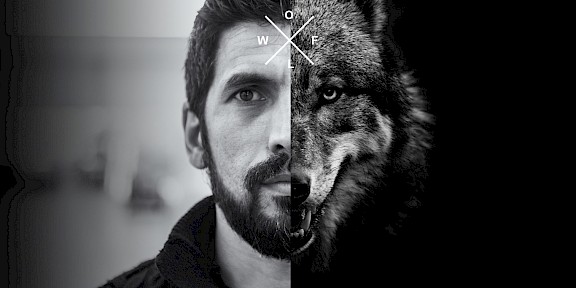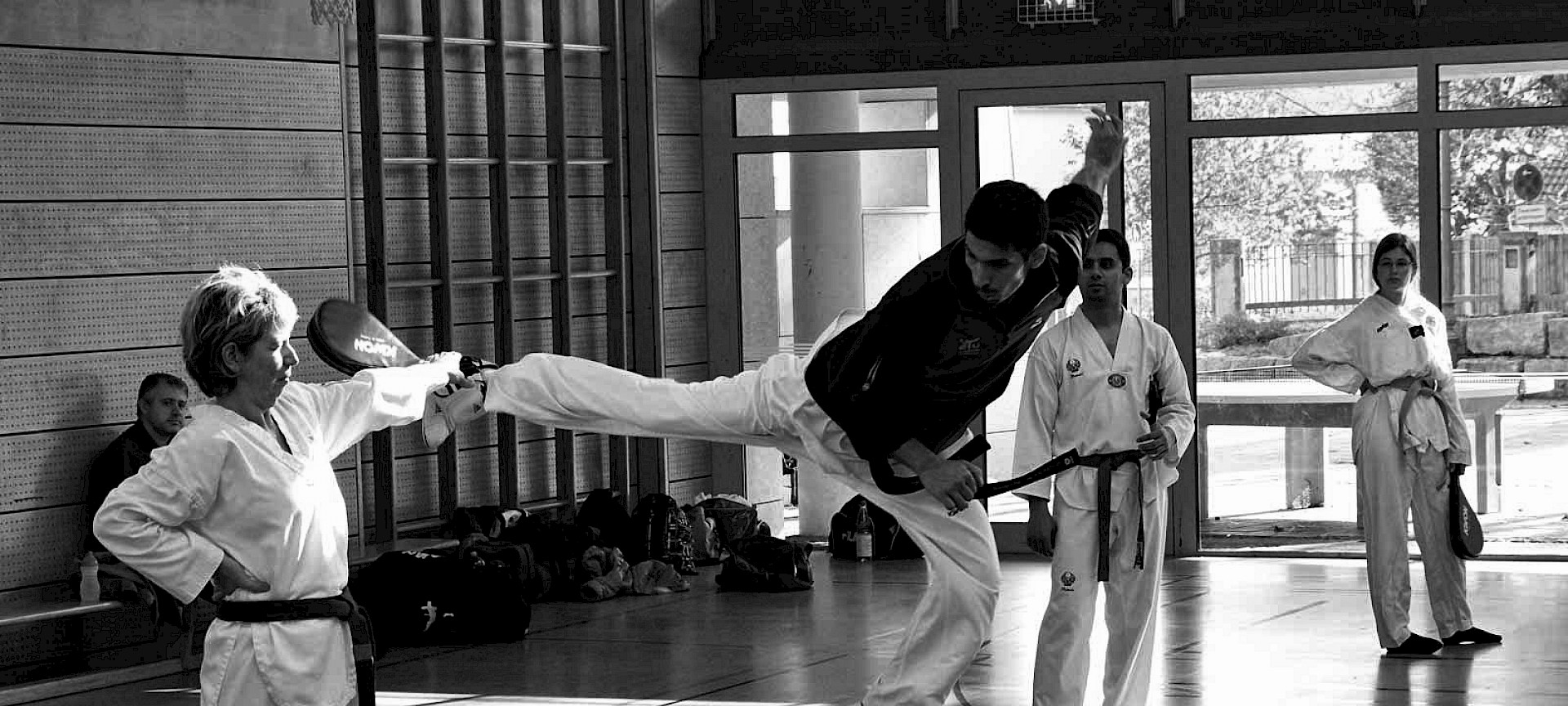
Abdullah Ünlübay, Head of cab Construction Team spirit at work and in your free time - Interview
Abdullah Ünlübay, Head of cab Construction, talks to us about his Taekwondo school, the challenges as a trainer, referee and father of two young talents
Abdullah, how long have you been practising Taekwondo martial arts and how did you get into it?
I started in 1993 and before that, I tried all kinds of sports. Taekwondo was exactly the right thing for me after the first trial training in Ochsenhausen.
Which rules are important to you and what do you value most in your Taekwondo school?
Cohesion, respect, discipline, determination, family, performance, ambition, health.
How intensively do you prepare for a competition/tournament?
We offer training 4-5 times a week. For competitors there is the possibility of an additional Sunday training session.
Does age play a major role in learning martial arts and what requirements should you have as a beginner?
Children from 2.5 years of age can start with martial arts - no upper age limit. With a little ambition and will, everyone can join us and learn.
What have been your greatest sporting successes so far?
Multiple international, German and Bavarian champions. Since my first Dan (black belt) I was always the best in the exam.
How does your weekly schedule look like? How often are you on the road as a trainer, referee and competitor?
As a trainer four times a week, as a federal referee for Germany thirteen times a year, as an international referee I have ten to fifteen assignments a year and as a regional referee adviser about fourteen times a year.
What fascinates you most about this sport?
Cohesion, respect, discipline, physical fitness, the sport itself and the development of each individual athlete.
As a referee, you have already received several awards and have been to major tournaments such as world championships and European championships. What has been your best experience as a referee so far?
Off the top of my head I'd say, my first assignment in 2011 at the European Championships in Romania. The European Games 2015 in Baku were comparable - comparable to the Olympic Games. Great tournaments and great experiences for me.
How many students are currently training in your club?
We have over 200 members and a total of five state-approved trainers with license and twelve assistant trainers.
How intensively do you prepare for a competitive tournament?
We offer training four to five times a week. We also have a Sunday training day available Monday to Thursday for the competitors.
Can you bring us closer to the hierarchy of the different belts and what colour your belt is.
The white belt (10th Kup) is worn by beginners who still don't know anything and are open and inquisitive about Taekwondo, the yellow belt (8th Kup) is worn for fertile soil on which knowledge and skills should flourish. The green belt (6th cup) symbolizes the first sprouts and fruits, a sign that the training efforts have paid off and that something is ripening in the student. The blue belt (4th cup) represents the sky and therefore allegorates a limit. The student now has to show that he is able to strive for and achieve higher things. The red belt (2nd cup) represents a signal colour, a warning colour. The student is on the verge of becoming a master and is encouraged to engage in Taekwondo even more intensively and persistently. Some schools use the brown belt (2nd Kup) brown belt instead of the red belt. Brown symbolises the bark of the tree trunk, which means that the techniques have already consolidated and the student is about to become a master. The black belt and black clothing is the colour of the master (1st-10th Dan) and only these reservations. Black combines all other colours and is therefore the strongest of all colours. Black is also said to symbolise the authority, knowledge and experience of the masters. Therefore, only Dan wearers are allowed to wear Doboks with a black lapel, just like in general, all decorations on the tracksuit in black are only available to the masters..
Which rules are important to you and what do you value in your Taekwondo school?
Cohesion, respect, disciplines, determination, family atmosphere, performance, ambition, health.
Finally, can you tell us what your sport gives you and what it means to you.
Self-confidence, independence, progress, determination and a confident demeanour. I started Taekwondo as a hobby, you stay disciplined and determined, you have the opportunity to achieve a lot, such as trainer and referee licenses on a national and international level. It is very important to me not to forget that you do this sport not only for yourself, but also for children, young people and adults. Actively experiencing the success stories of the students as a trainer makes me proud and shows that you have done a lot right. The social aspect is also very important to me, young people come to us for training, so they have their fixed tasks and training goals. During this time they are not on the street or doing anything useless.
Finally, I would like to thank the Wölfle company for making it possible for me to pursue my sport. Thank you very much
Thank you for the brief insight into your athletic career - we had a lot of fun doing this interview with you. We wish you all the best and much success in your further tasks and challenges as a trainer and referee.

-
Abteilungsleiter
Good leadership skills
-
Kabinenbau
plug and play
-
Teamgeist
Work and leisure time
-
Seit 2000
at Wölfle
